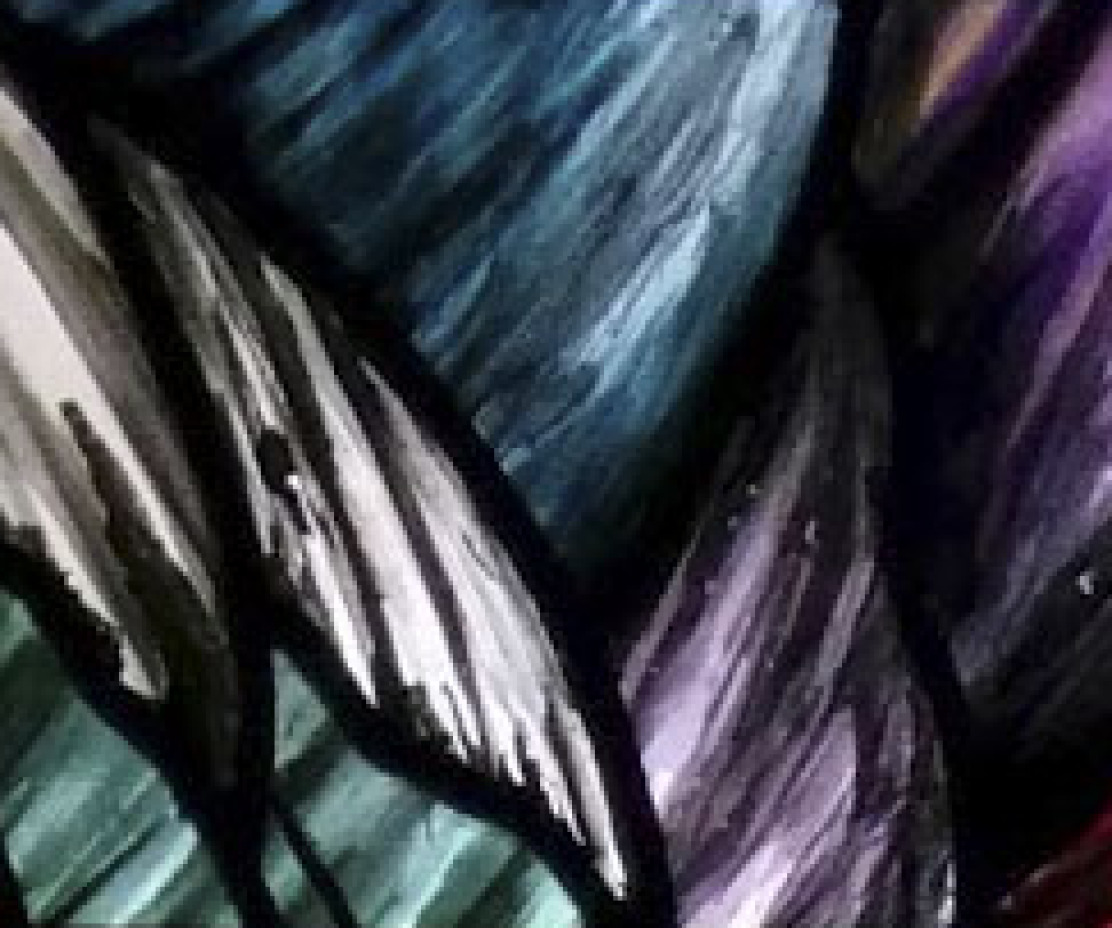Now Sarai, Abram’s wife, bore him no children. She had an Egyptian slave-girl whose name was Hagar, and Sarai said to Abram, ‘You see that the Lord has prevented me from bearing children; go in to my slave-girl; it may be that I shall obtain children by her.’ And Abram listened to the voice of Sarai. So, after Abram had lived for ten years in the land of Canaan, Sarai, Abram’s wife, took Hagar the Egyptian, her slave-girl, and gave her to her husband Abram as a wife. He went in to Hagar, and she conceived; and when she saw that she had conceived, she looked with contempt on her mistress. Then Sarai said to Abram, ‘May the wrong done to me be on you! I gave my slave-girl to your embrace, and when she saw that she had conceived, she looked on me with contempt. May the Lord judge between you and me!’ But Abram said to Sarai, ‘Your slave-girl is in your power; do to her as you please.’ Then Sarai dealt harshly with her, and she ran away from her.
The angel of the Lord found her by a spring of water in the wilderness, the spring on the way to Shur. And he said, ‘Hagar, slave-girl of Sarai, where have you come from and where are you going?’ She said, ‘I am running away from my mistress Sarai.’ The angel of the Lord said to her, ‘Return to your mistress, and submit to her.’ The angel of the Lord also said to her, ‘I will so greatly multiply your offspring that they cannot be counted for multitude.’ And the angel of the Lord said to her,
‘Now you have conceived and shall bear a son;
you shall call him Ishmael,*
for the Lord has given heed to your affliction.
He shall be a wild ass of a man,
with his hand against everyone,
and everyone’s hand against him;
and he shall live at odds with all his kin.’
So she named the Lord who spoke to her, ‘You are El-roi’;* for she said, ‘Have I really seen God and remained alive after seeing him?’* Therefore the well was called Beer-lahai-roi;* it lies between Kadesh and Bered.Hagar bore Abram a son; and Abram named his son, whom Hagar bore, Ishmael. Abram was eighty-six years old when Hagar bore him* Ishmael.
Abram and Sarai have no children, even though God has promised that his descendants will be like the stars of the heaven. Rather then trusting in God they decide they will fix the situation. They will assert their power in the situation and mold and shape the situation to their desires.
Sarai convinces Abram to take her slave girl, Haggai, as a wife. Of course this was in the time when men did have multiple wives so this really shouldn’t shock us that Abram has more then one wife. Monogamy is a rather modern invention and the sacrament of marriage did come into institution until the 12th century.
What is more shocking about this passage is the desire for humanity to control all situations, impose their will upon it and upon others in an attempt to get their desires, their greed fulfilled.
Abram then “goes into” Haggai, she does conceive and Sarai becomes jealous. She sees the way that Haggai looks at her and no doubt looks at Abram. This creates a division between Abram and Sarai. In an attempt to mend fences and control the situation Abram tells Sarai that Haggai is her slave girl, treat her as you will. And not surprisingly she treats her badly, oppresses her and drives her away.
It is in the desert, by a spring, that faith in God’s providence is restored. And Abram, God’s chosen, his wife Sarai, does not restore it or any of is kin. It is restored by a slave girl, a concubine, abused and cast off, alone in the desert and pregnant.
God’s preference for the poor, the oppressed and the marginalized is clearly displayed in this chapter of Genesis. It is to the oppressed that the angel of the Lord appears. It is the oppressed that God seeks to deliver. Not the leader of the household, Abram, not his wife Sarai, but God goes to be with a scared, lonely, hurt and abused pregnant slave girl.
 I am preparing to leave again in a few days for El Salvador. I will once again walk in the steps of Monsenor Oscar Romero. I will once again experience one of the birthplaces of Liberation Theology. And I will once again be molded and shaped, have my expectations turned upon their heads and constantly be surprised by God’s preference for the poor. It will be in El Salvador that I will once again experience the presence of God.
I am preparing to leave again in a few days for El Salvador. I will once again walk in the steps of Monsenor Oscar Romero. I will once again experience one of the birthplaces of Liberation Theology. And I will once again be molded and shaped, have my expectations turned upon their heads and constantly be surprised by God’s preference for the poor. It will be in El Salvador that I will once again experience the presence of God.
“There are many things that can only be seen through eyes that have cried.”
-Oscar Romero
